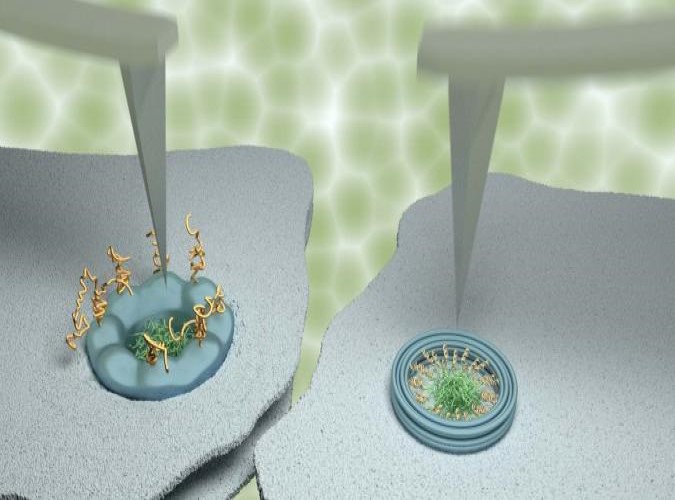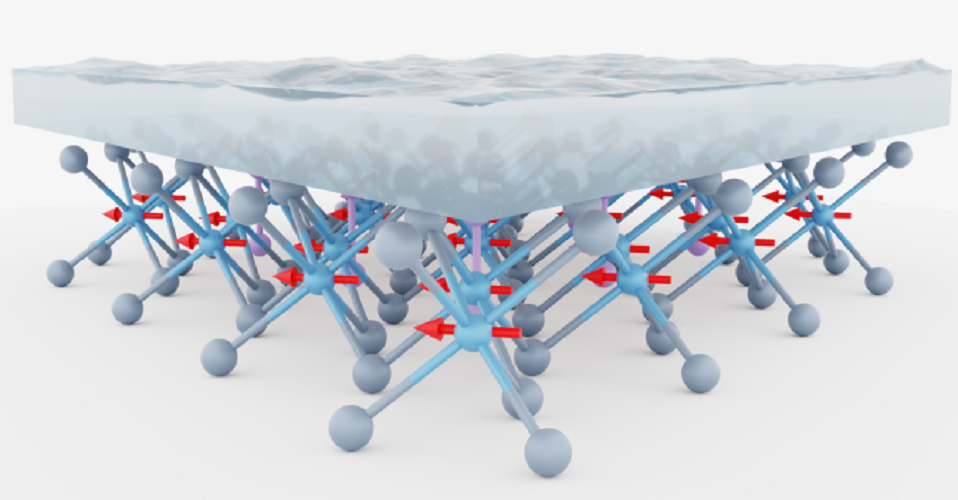

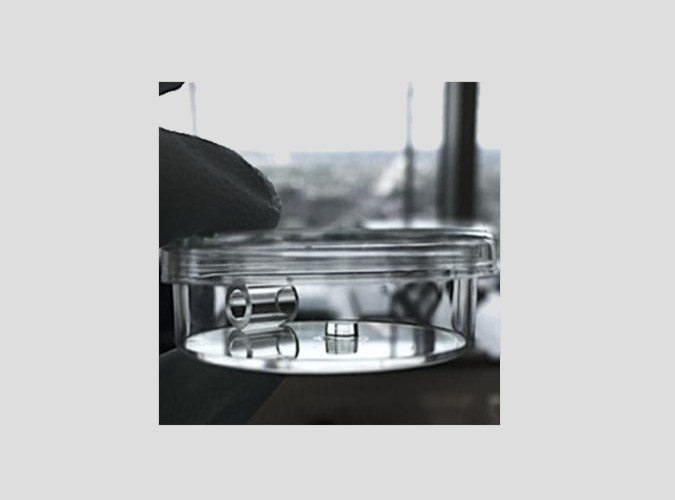
Rare immune cells drive gut repair, but can tip toward cancer or fibrosis in inflammatory bowel disease
LCN researchers at King’s College London have discovered an unexpected tissue reparative role for a rare immune cell type in the gut that could tip toward fibrosis or cancer if dysregulated. The breakthrough will have important implications for treating patients who...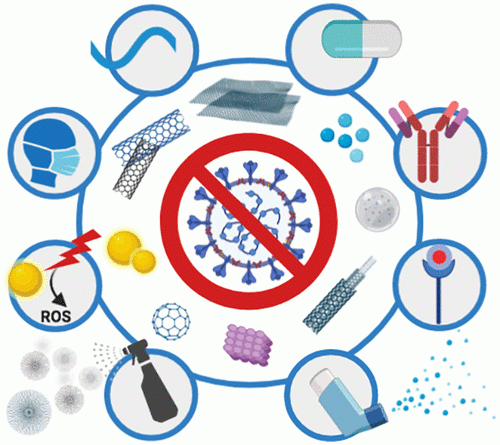
Can nanotechnology help us combat future pandemics?
A new study discusses the use of Nanotechnology to combat pandemics and infectious diseases. The COVID-19 pandemic has raised a global demand for fast and effective diagnosis, treatment and prevention of transmission. The success of nanotechnology to counter several...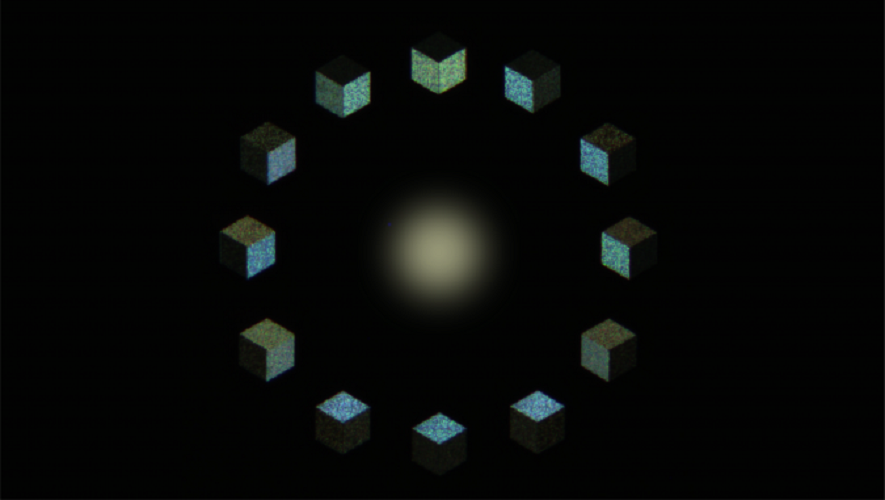
Generating colour 3D images with designed reflective metasurfaces under incoherent illumination
As part of an international collaboration with Southern University of Science and Technology in Shenzhen (China), LCN researchers at King’s College London have developed a novel way of generating colour 3D images using a reflective metasurface performing through the...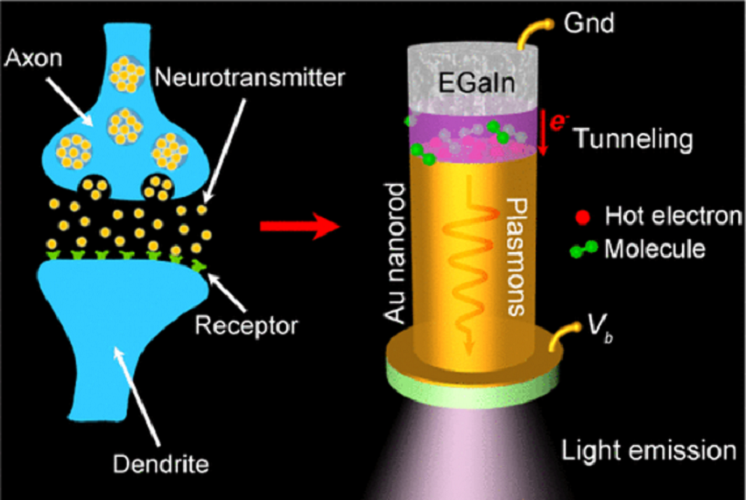
Synthetic synapses get more like a real brain
The human brain easily outperforms today’s state-of-the-art supercomputers fed on just the calorie input of a modest diet, as opposed to the full-scale power station energy input that a supercomputer guzzles through. The difference stems from the multiple states the...